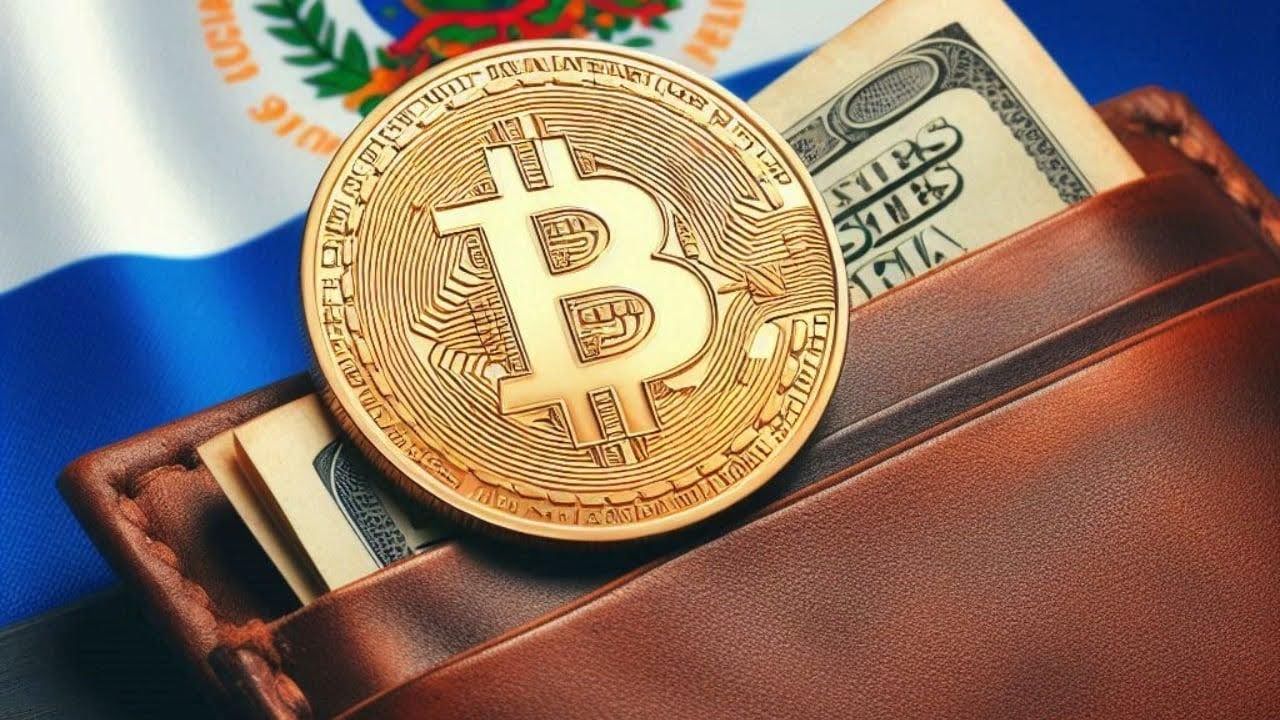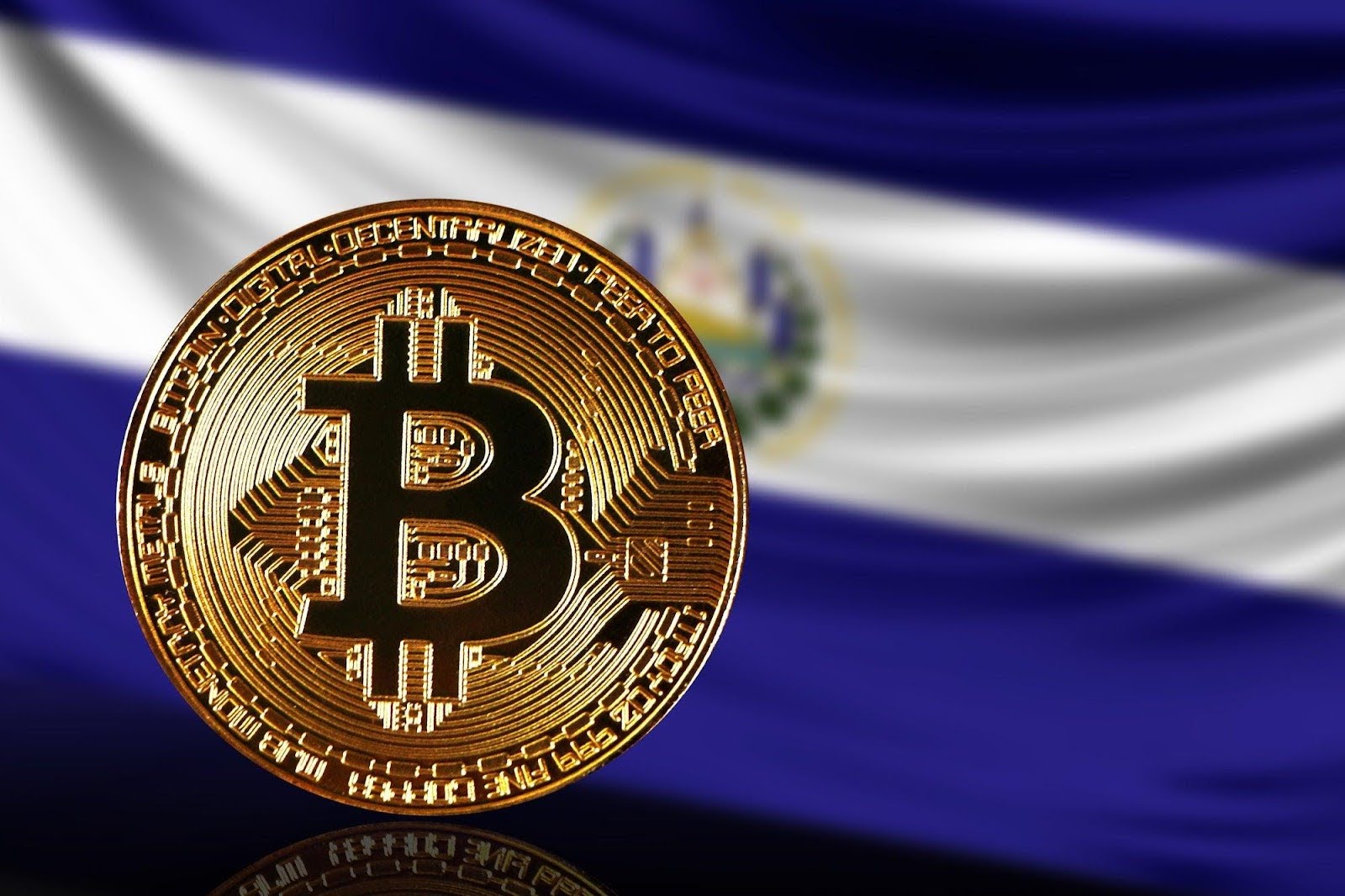El Salvador Secures $678M Bitcoin Reserve in 14 Wallets to Guard Against Quantum Hacking Threat
Key Takeaways:
- El Salvador has transferred its entire 6,274 BTC (~$678M) into 14 separate wallet addresses.
- The move aims to mitigate future threats posed by quantum computing to Bitcoin’s cryptographic security.
- A new public dashboard will allow continued transparency without compromising security through address reuse.
El Salvador has taken a significant step in crypto asset security by distributing its national Bitcoin reserve into multiple wallets. The measure is designed to shield the country’s BTC holdings from potential quantum computing breakthroughs that could threaten public-private key cryptography.
Read More: El Salvador Opens Door for Fully Bitcoin-Based Banks, Targeting $250K+ Investors

El Salvador’s Bitcoin Split, What Happened?
In a proactive effort to bolster the safety of its digital assets, the National Bitcoin Office (ONBTC) of El Salvador confirmed the redistribution of its entire Bitcoin reserve – 6,274 BTC valued at approximately $678 million into 14 newly generated wallet addresses, each holding a maximum of 500 BTC.
Up to this point, the whole national reserve was held at one address and this had become a point of concern due to the possible vulnerability. Although this approach supported transparency, it made the funds a theoretical target for quantum attacks, particularly once any transaction from the address was signed and broadcast.
ONBTC stated that the new multi-address system enhances both security and transparency, and follows best practices for Bitcoin custody.
Why Quantum Computing Is a Serious Concern for Crypto
Understanding the Threat to Bitcoin’s Cryptography
Quantum computing, in its early stages of development is capable of shattering elliptic curve cryptography (ECC), which forms the foundation of the security of Bitcoin. With a signed transaction, the public key will be revealed to the blockchain, and within a brief period there can be a vulnerability to the fact that a quantum computer with significant power can potentially reverse-engineer the private key.
Although no current quantum machine is capable of this today, not even close, the threat is theoretical, not imminent. For context, quantum research groups like Project Eleven point out that no quantum computer has cracked even a 3-bit key, while Bitcoin uses a 256-bit encryption standard.
But the risk is not to be ignored. If breakthroughs happen faster than anticipated, millions of BTC, including coins in reused addresses or those with exposed public keys, could be at risk. Estimates suggest over 6 million BTC, nearly 30% of all Bitcoin in existence might be vulnerable in such a scenario.
Why the Move Matters: Best Practices and Risk Mitigation
By splitting the reserve into smaller, unused wallets, El Salvador is reducing potential damage from future cryptographic vulnerabilities. Here’s how:
- Unused addresses remain secure: A Bitcoin address where funds have never been spent doesn’t reveal its public key, keeping it safe from theoretical quantum attacks.
- Limited exposure per wallet: With only 500 BTC per address, even a breach would only compromise a small portion of the reserve.
- Avoids key reuse: Reusing of Bitcoin addresses is not advisable, which can make one more likely to be exposed. The new model of the approach that El Salvador utilizes eradicates this risk, but ensures full transparency through a publicly available dashboard that is run by ONBTC.

This tactical move will see El Salvador lead most sovereign states when it comes to managing crypto custody risk, especially with respect to emerging technologies such as quantum computing.
Read More: IMF’s $120M Deal with El Salvador: Bitcoin Controversy Fuels Uncertainty in Crypto World
Experts Are Divided on the Urgency of the Quantum Threat
Even though the measures taken by El Salvador have been applauded by the crypto security community, not all industry leaders understand that quantum computing is a real danger at the moment.
Michael Saylor, Executive Chairman of MicroStrategy and one of Bitcoin’s most vocal advocates, has previously dismissed quantum fears as “hype.” He argues that even if such computers were developed, coordinated hardware and protocol upgrades would allow the Bitcoin network to adapt, much like how traditional systems such as Windows or Google Chrome roll out updates.
Tether CEO Paolo Ardoino echoed a similar sentiment, suggesting that quantum-resistant address formats and upgrades could be implemented before any real damage occurs.
Still, others believe the threat could arrive sooner than expected. Chaincode Labs has estimated that as many as half of all circulating BTC will someday be vulnerable to quantum risk, particularly coins held in long-inactive addresses, or wallets of early adopters such as Satoshi Nakamoto.
The post El Salvador Secures $678M Bitcoin Reserve in 14 Wallets to Guard Against Quantum Hacking Threat appeared first on CryptoNinjas.
CryptoNinjas




















